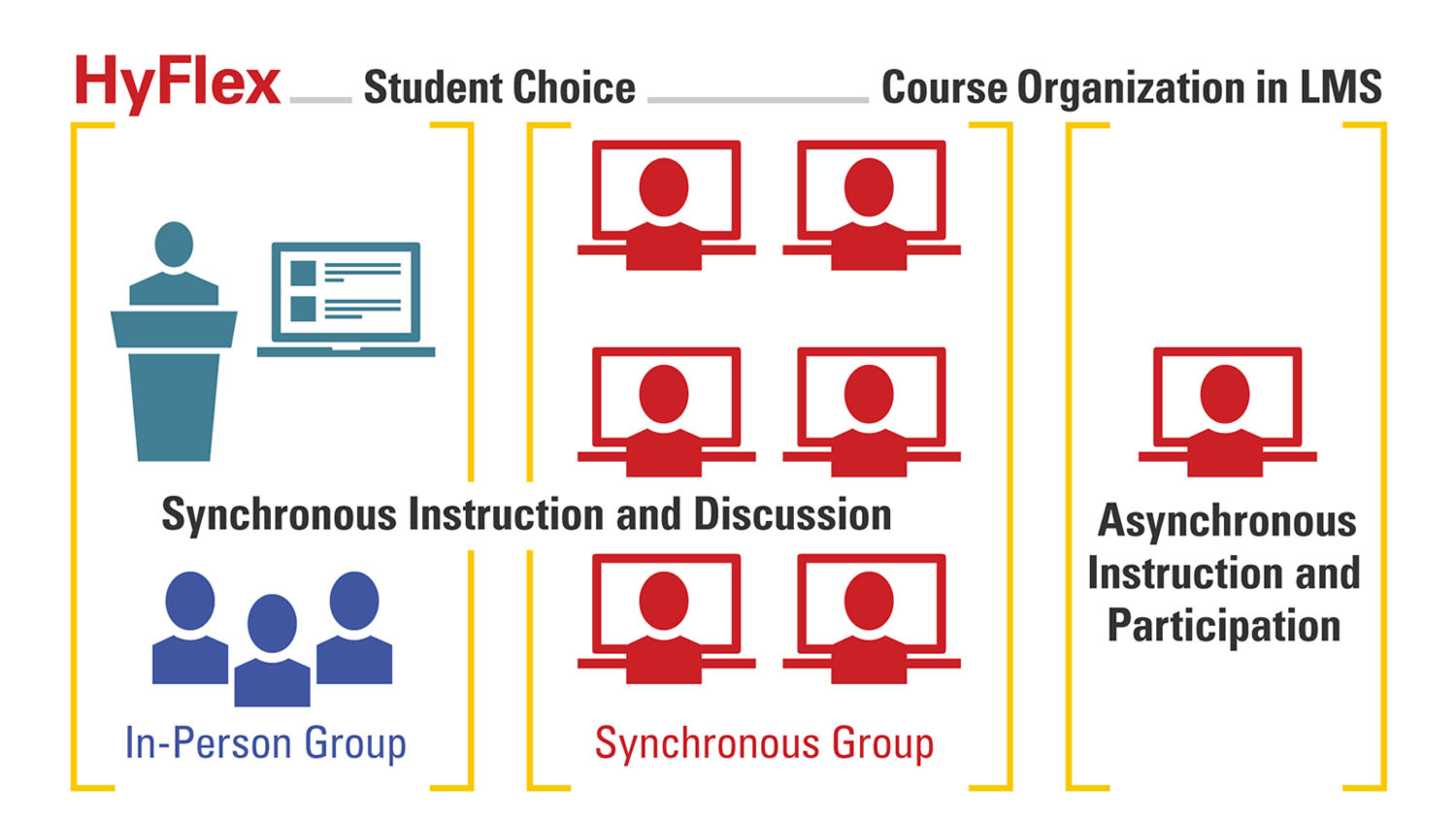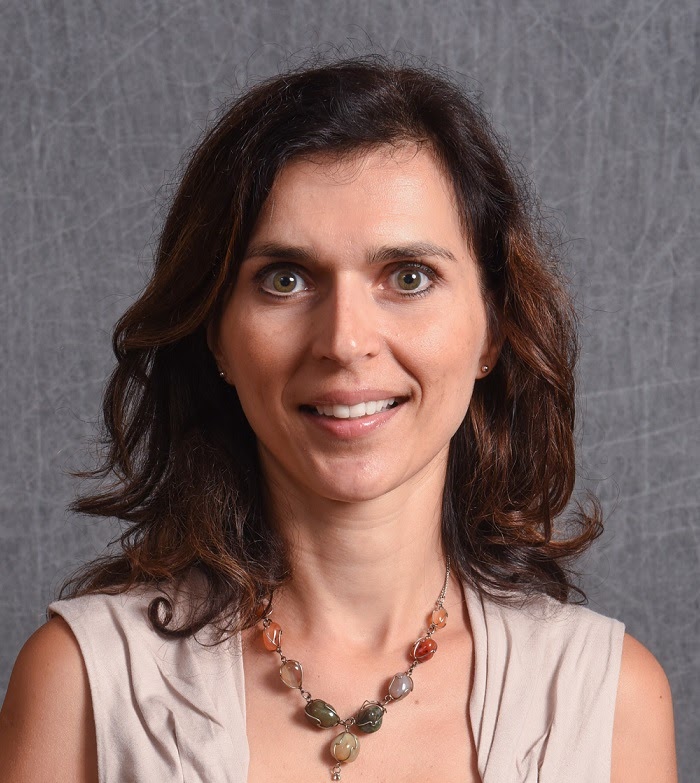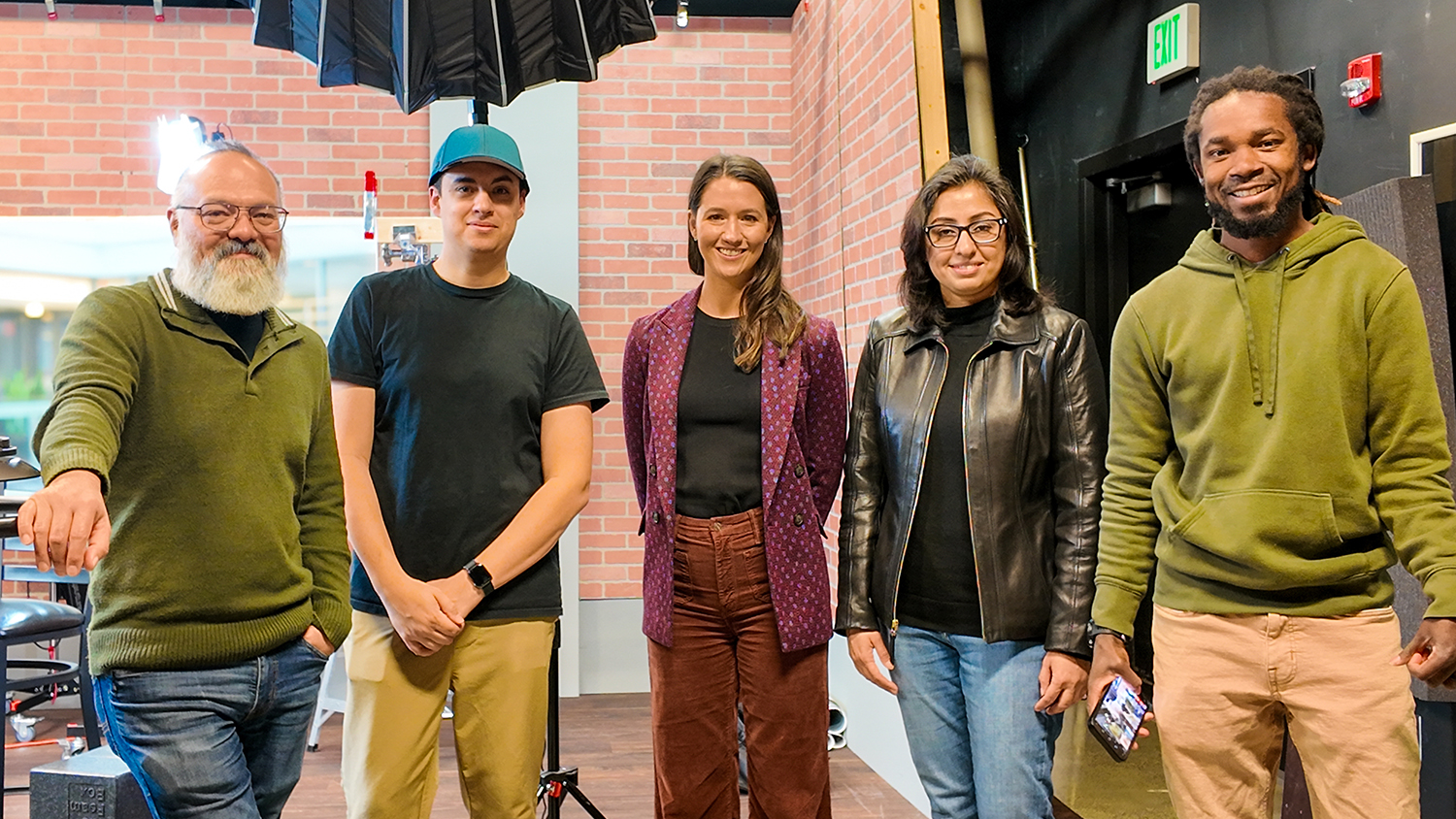DELTA Faculty Fellows Inspire Colleagues Across Campus

The DELTA Faculty Fellows grant program strives to promote excellence in teaching with technology by fostering opportunities to share knowledge, experiences and wisdom in teaching with technology. Our fellows are dedicated teachers even when they aren’t in the classroom — supporting peers via training events, presenting at conferences, contributing to panel discussions and serving as leading voices for academic technology.

“By coming together via workshops, symposiums, institutes, panels and training, the NC State teaching community can share evidence-based practices and our collective wisdom of what works and what doesn’t in the classroom. This is the only way that we can create high-quality courses for our students,” says current Faculty Fellow Lina Battestilli.
Most are inspired to become Faculty Fellows because of the great impact learning technologies have made in their respective classrooms. They provide support to colleagues as they strive to improve their instructional practices.
Amidst external contributions, our Fellows also made their voices heard beyond DELTA by completing papers, writing book chapters and contributing to articles for their colleges. Together, they’ve developed an expert collection of literature that will not only be useful for years to come, but will serve as a record of the challenges instructors and students overcame throughout the COVID-19 pandemic.
Sharing Best Practices
At a Faculty Fellow cohort meeting in fall of 2021, three members shared their experiences teaching using a variation on the Hyflex model. In using a HyFlex course design, short for Hybrid-Flexible, students have the choice to participate in-person or online (either synchronously or asynchronously). They decided to start a small research group and shared their experiences through a series of DELTA News articles. Over the fall and spring semesters they have been working with Research Scholar Dan Spencer to develop an instrument to evaluate the student experience and are implementing it in the spring of 2022.

Teaching Associate Professor Sarah Khan’s BUS 340: Information Systems Management is a course with a large enrollment, usually about 600 students per semester in six to eight sections). In her article, which was published in October of 2021, she highlighted this course as the recipient of a DELTA Grant to redesign it as a flipped course with a hybrid approach. Khan continues to use HyFlex design in BUS 34o and also now uses it in BUS 444: Systems Analysis and Design.
“During COVID-19, we were able to move this class easily online. During this transition, students would meet once a week synchronously with the instructor, instead of in person. In Fall 2021, this course is now available as a hybrid option to the students,” says Khan.

Teaching Associate Professor Elaine Bohórquez used HyFlex in PHY503 with an enrollment of approximately 115 students in the fall semester of 2021 and continues to use it this semester. “Prior to the pandemic, this course was strictly in-person with live lectures that incorporated interactive questions using Top Hat. When the pandemic shifted everything online, I did a complete redesign. I decided to record lecture videos and create scaffolded questions to deliver content in a way that would better serve my students in the online environment,” explains Bohórquez in her article which was published in November 2021.
Associate Teaching Professor and DELTA Faculty Fellow Lina Battestilli used HyFlex in CSC113, a first-year introductory programming course with an enrollment of approximately 200 students, and a third-year 400-level computer science elective course with an enrollment of approximately 60 students using the HyFlex format. This semester, she continues to use HyFlex in CSC113 with 350 students enrolled.
“Due to the continuing pandemic situation, I found the HyFlex course design option to be the best approach to teaching my courses. I appreciate the flexibility this approach has offered to my students because I don’t have to dictate how they choose to attend each week, it is their individual choice,” says Battestilli, whose article was published in December 2021.
Every Faculty Fellow embarks on a unique journey through the program. This year, like minded faculty from different disciplines that had never encountered each other on campus came together to share their experiences. The Faculty Fellow experience is unique for everyone in the program, but the cohort aspect helps build long lasting collegiate relationships as well.
The DELTA Faculty Fellows program has opportunities for you to explore your interests, engage with your peers and elevate the learning experience for your students. If you are interested in becoming a Faculty Fellow, you may visit the DELTA Grants website for details on our proposal window.


